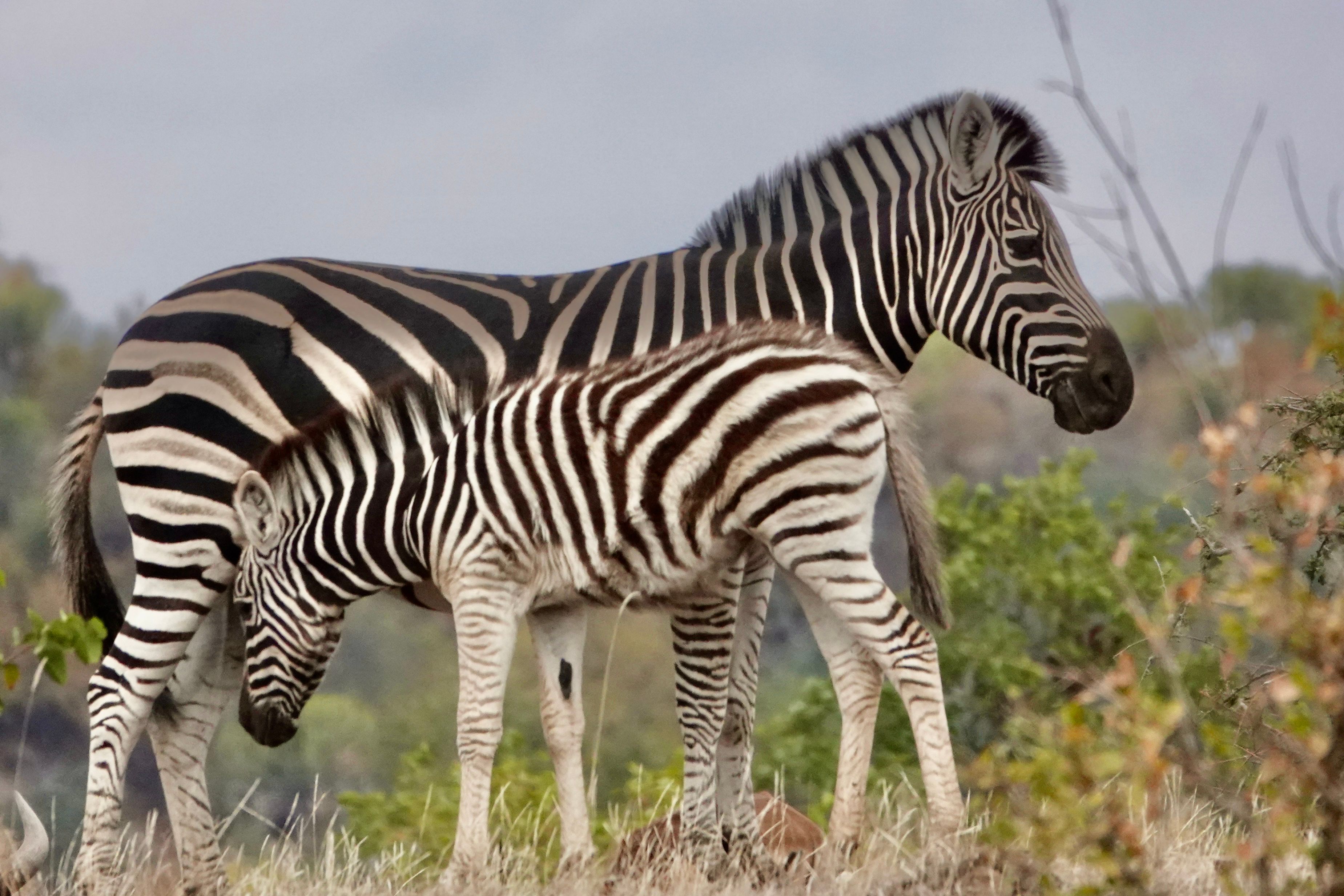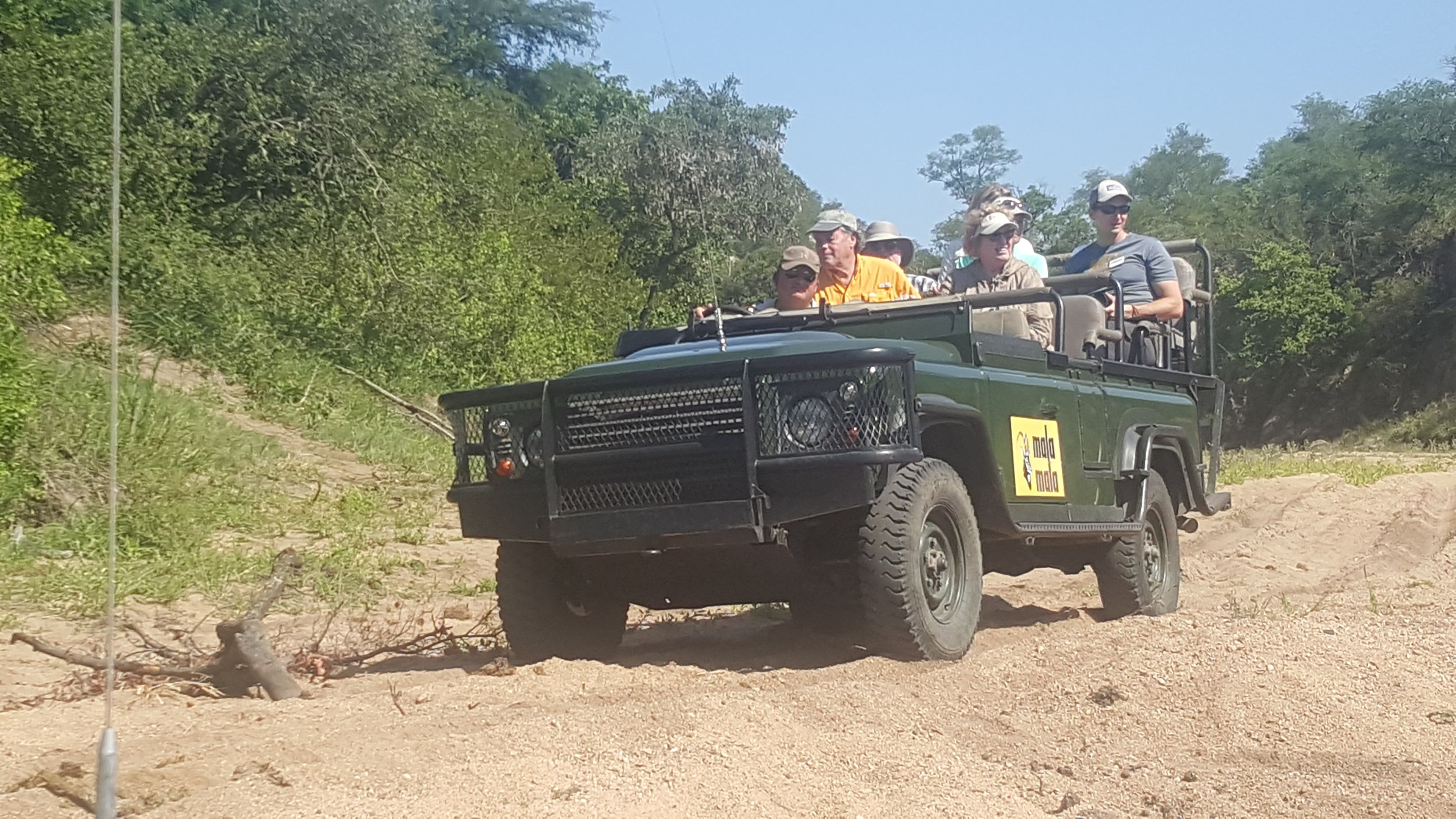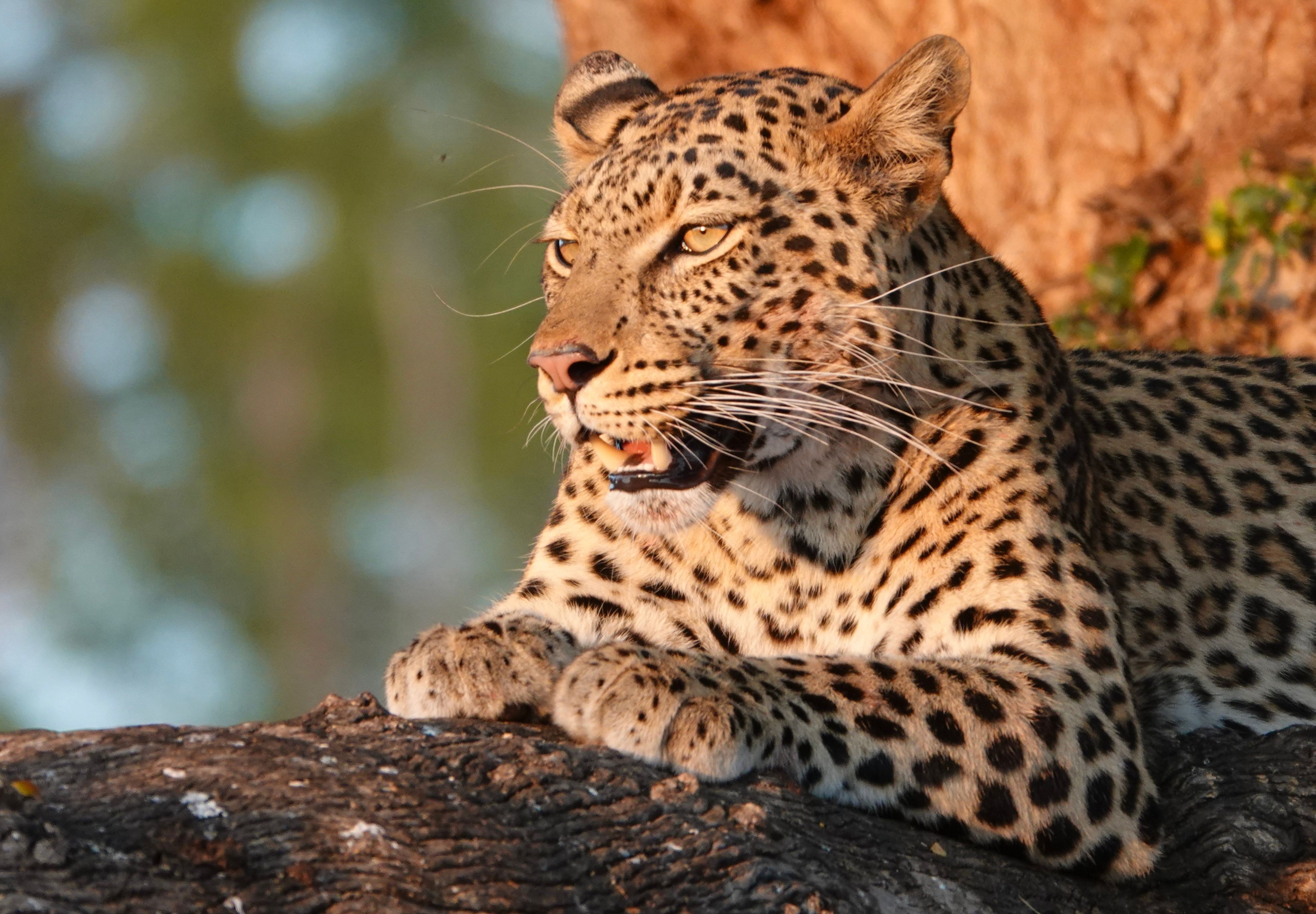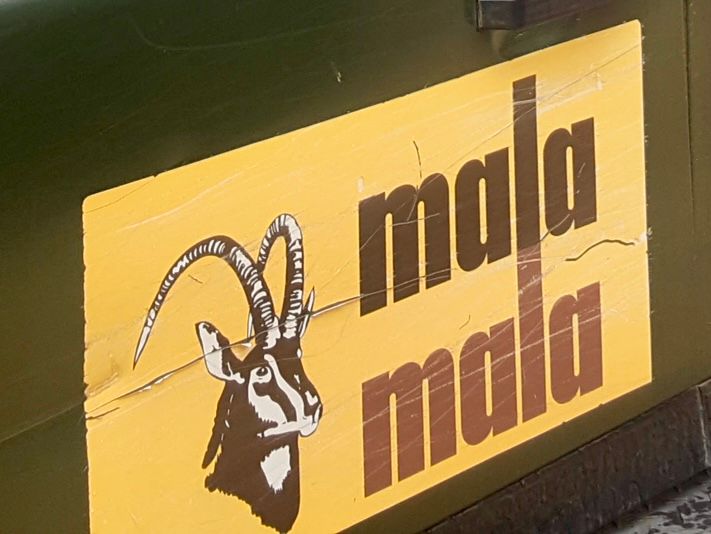Mala-Mala – My lens: Where Africa’s Wild Heart Still Beats
Mala-Mala – Where Africa’s Wild Heart Still Beats
The hum of the engines faded into the distance as our small aircraft touched down on the Mala-Mala airstrip. I stepped out into warm Lowveld air, the scent of dust and wild sage drifting in on a light breeze. Ahead lay one of Africa’s most iconic game reserves — a place where history, conservation, and unforgettable wildlife encounters come together in a way that feels both timeless and alive.
Flying Into the Wild - Our journey began in Johannesburg at OR Tambo International Airport, 1,694 metres (5,558 feet) above sea level — one of the highest major international airports in the world.
From here, it’s just over an hour’s flight to Mala-Mala, heading northeast across the Highveld plateau before descending into the Lowveld, where the altitude drops to between 300 and 600 metres.
From the air, the transformation is striking: sprawling cityscapes give way to endless bushveld, winding rivers, and clusters of ancient riverine forest. This is the threshold between the human world and one of the richest wildlife areas on Earth.
A River That Brings Life - Mala-Mala spans 13,200 hectares (33,000 acres), but its heartbeat is the Sand River, a permanent watercourse flowing for 20 kilometres through the reserve. In the dry season, when water is scarce elsewhere, the river draws in game from every direction — elephant herds, prides of lion, leopard slinking between thickets, and great walls of buffalo moving through the reeds.The reserve shares unfenced boundaries with Kruger National Park and neighbouring private concessions, forming a 60,000-hectare wilderness. Wildlife roams freely, ensuring sightings that are as natural and authentic as the land itself.

From Hunting to Cameras - In the 1960s, the Rattray family transformed MalaMala’s future — and in many ways, the future of African safaris — by replacing rifles with cameras. At the time, photographic safaris were a radical concept. Today, they are the gold standard, and Mala-Mala remains one of the finest places in the world to capture Africa’s wildlife through a lens. *** See the Rattray’s Family Legacy.

A Community’s Land Restored —The story took another historic turn in 2013, when Mala-Mala became part of South Africa’s largest land restitution process. Ownership was transferred to the N’wandlamharhi Community, whose ancestors once lived here before being relocated decades ago. Today, the reserve is co-managed through a partnership that blends community heritage with world-class conservation. Over half of Mala-Mala’s staff are from local Shangaan and Tsonga communities, bringing their knowledge, language, and pride to every guest experience. This is not just tourism — it’s a shared future built on respect, opportunity, and cultural connection.
The Mala-Mala Experience — Arriving at MalaMala is like stepping into a live nature documentary — except you’re in the front row. Game drives in open 4x4 vehicles bring you eye-to-eye with the Big Five, often within hours of arrival. Leopard sightings here are legendary, as are the golden hour moments when the Sand River glows and herds cross against the fading light. Evenings end around the fire, where stories flow as freely as the stars overhead.Mala-Mala is more than a destination — it’s a legacy.
A place where the wild still rules, where history is honoured, and where every visitor becomes part of the ongoing story.

**“The Rattray family’s story is woven deep into the fabric of Southern Africa’s wilderness. It began with Norman and Norma Rattray, who bought MalaMala in the 1960s and believed this land was worth protecting. Their son, Michael ‘Bunny’ Rattray, would later change the course of safari history by transforming MalaMala from a hunting lodge into South Africa’s first great photographic safari reserve. Until his passing in 2022, he remained dedicated to conserving this land.
#TourismInsights #LuxurySafariAfrica #TravelWithPurpose #BushtracksMagazine #BushtracksExpeditions #SafariStories #AfricanWildlife #ConservationTourism #TourismEconomics #PremiumTravel #Ratray #Mashatu
